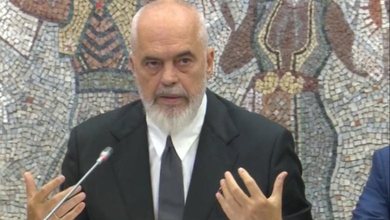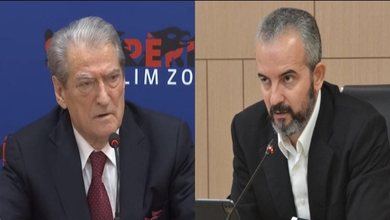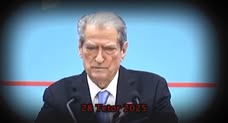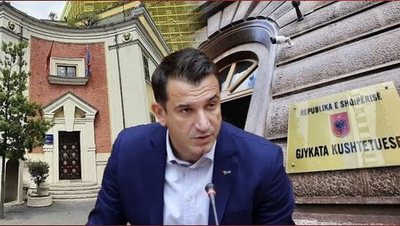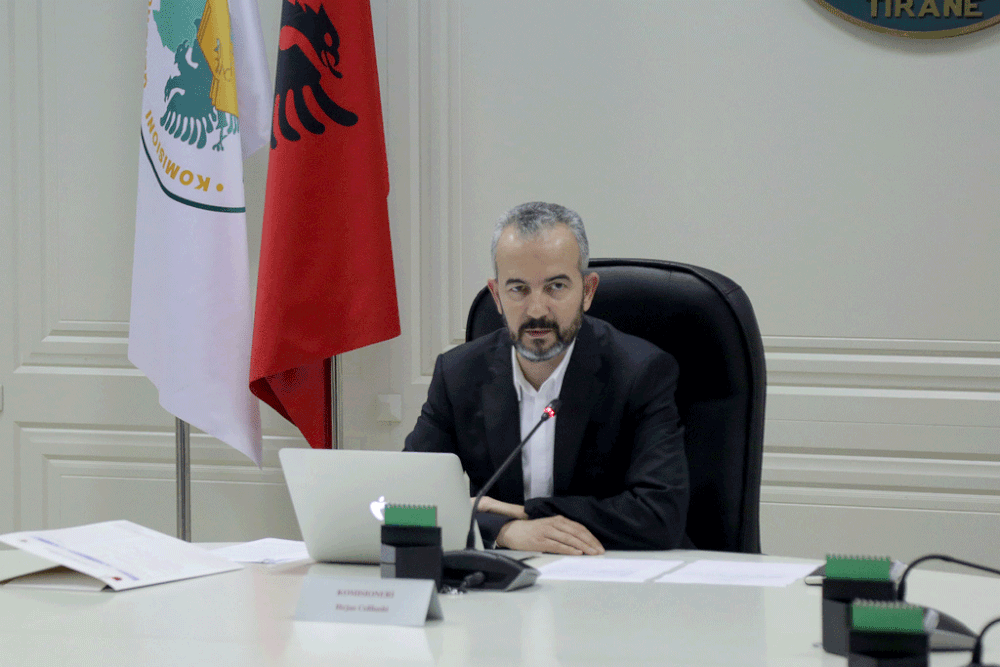
Chief Commissioner Ilirjan Celibashi admitted that the May 11 elections were accompanied by problems and that none of the CEC structures functioned properly. According to him, the responsibility does not lie with the leader (himself) but with the law. For which, as a “president above the parties”, he demanded from the new parliament a comprehensive electoral reform, bringing 14 concrete proposals to the table.
The facts, meanwhile, speak of another reality: that of the overturning of his decisions by the KAS and the Electoral College, which has regularly rejected Celibashi's decisions. In other words, it is not the College that should be abolished, but Celibashi himself, because the College has served to restore the law where it has been violated.
To make it clearer, it is enough to recall the case of electronic voting on May 11, where Celibashi took 48 hours to announce the result. Who did not work then? The College or the Commissioner?
On his desk are still the administrative complaints from past elections. He keeps them there for years, forwarding them to the KAS only when he finds nothing else to do in his office. Who is not functioning in this case? The Commissioner who drags the files, or the KAS that reviewed them within the deadlines of the Electoral Code?
Ilirjan Celibashi regularly exercises powers that belong to other bodies. He did this weeks ago, as he poked his nose into the distribution of mandates, when in fact he does not have such a tag. Moreover, recently it seems that the Chief Commissioner likes to appear as an analyst in the studio, where he also attacks the institution he leads. And yet the question remains: who is not functioning in this case?
The Regulatory Commission, in the case of resignations and mandates, was used by him to cover up the abuse of powers. Why doesn't Celibashi like the Regulatory Commission? Because it no longer serves his interests.
But this whole movement is not so naive and motivated by analysis. Behind Celibashi's request for a new electoral reform lies a big problem - the mandate of the existing members of the Regulator ends at the end of September, and the Assembly must appoint replacements within October. Celibashi knows that for the new five he no longer has the opportunity to intervene or manage the selection. It is not for nothing that the first names of replacements have begun to be discussed in the corridors of the DP. While for himself, Celibashi, as always, has taken care to come with a proposal from above (Rama) and with approval from below (Berisha).
Clearly, Celibashi and Berisha both have the same concerns about the elections. They see them as manipulated or compromised, but they respect the result until the end: Berisha going to parliament and Celibashi getting ready for a new mandate. Which means once again multi-million tenders for the emigrant vote, electronic voting and the successful patronage of the electoral process – on behalf of Rama… or Berisha.










